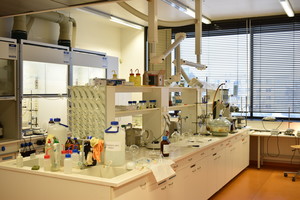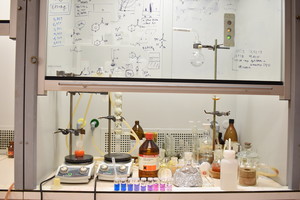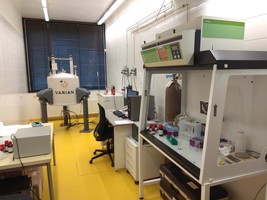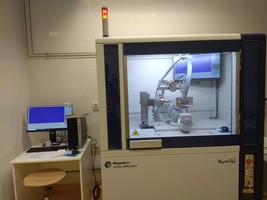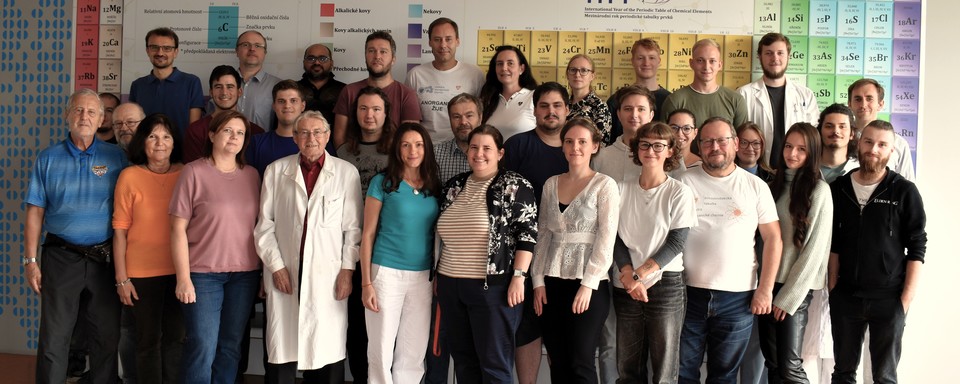
History
Mgr. Eva Zahradníková, Ph.D.
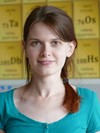 Researcher
Researcher
room: 3047
585634355
eva.zahradnikova01@upol.cz
Mgr. Marie Pražáková
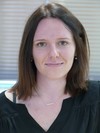 Ph.D. student
Ph.D. student
room: 2031
585634770
marie.prazakova01@upol.cz
Mgr. Ondřej František Fellner
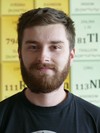 Ph.D. student
Ph.D. student
room: 3044
585634354
ondrej.fellner01@upol.cz
Mgr. Petr Halaš
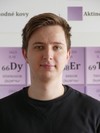 Ph.D. student
Ph.D. student
room: 3047
585634355
petr.halas01@upol.cz
Mgr. Adam Sztula
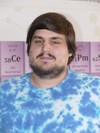 Ph.D. student
Ph.D. student
room: 3044
585634354
adam.sztula01@upol.cz
Mgr. Radana Koudelíková
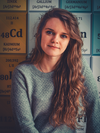 Ph.D. student
Ph.D. student
room: 3044
585634354
koudra00@upol.cz
Mgr. Vladimír Maňas
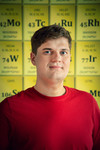 Ph.D. student
Ph.D. student
room: 3047
585634355
vladimir.manas01@upol.cz
MSc. Shivani Shivani
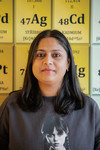 Ph.D. student
Ph.D. student
room: 2033
585634360
shivani.shivani01@upol.cz
Mgr. Pavel Svozil
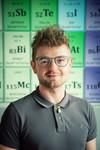 Ph.D. student
Ph.D. student
room: 3047
585634355
pavel.svozil01@upol.cz
Instrumentation
The Department of Inorganic Chemistry has the instrumentation necessary for the analysis of the composition and structure of inorganic compounds. These instruments are used by students for their theses, by staff for research tasks and are also offered for scientific or commercial collaboration.
| 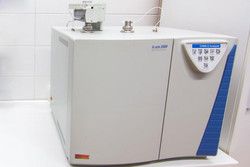 |
| 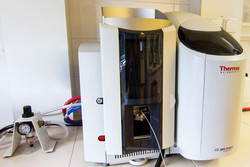 |
| |
| 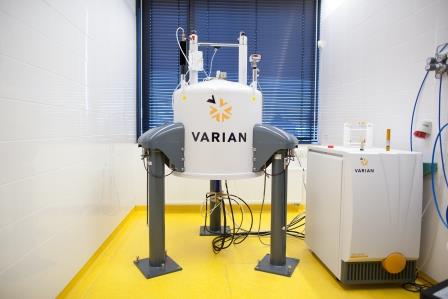 |
| 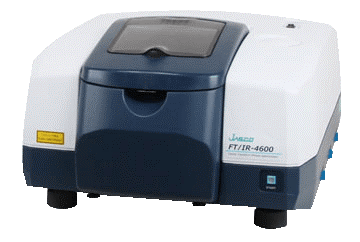 |
| 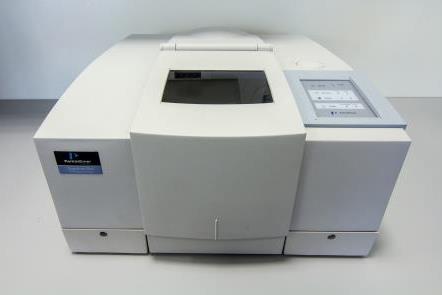 |
| 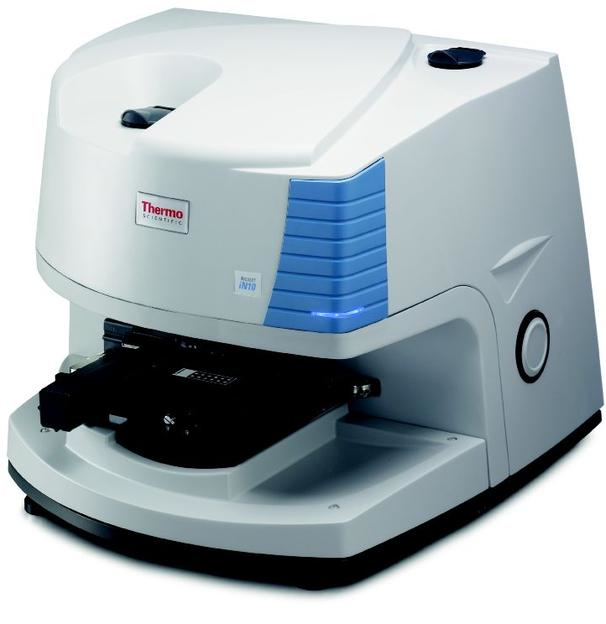 |
| 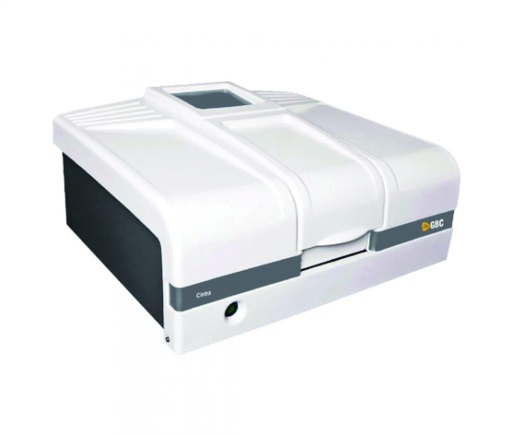 |
| 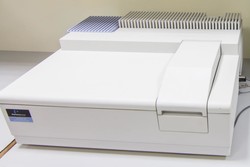 |
| 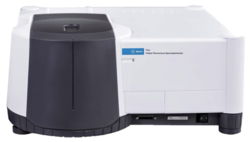 |
| 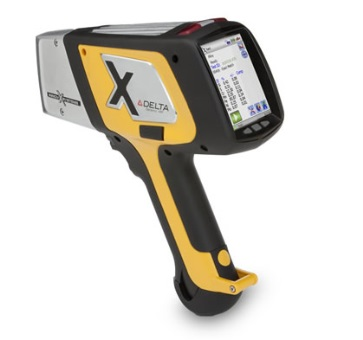 |
| 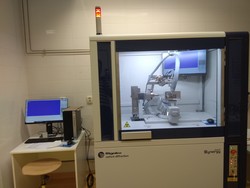 |
| 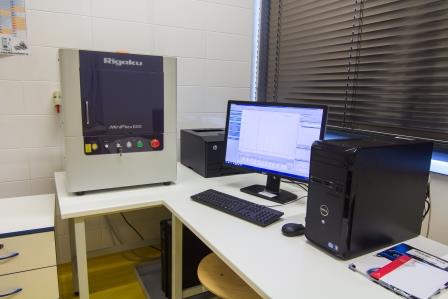 |
| 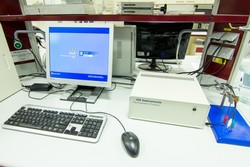 |
| 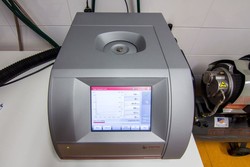 |
| 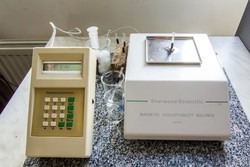 |
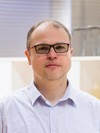 head of the department
head of the department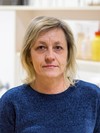
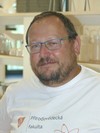 Professor
Professor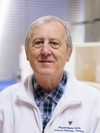 Professor Emeritus
Professor Emeritus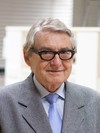 Professor Emeritus
Professor Emeritus  Associate Professor - Deputy head of the department
Associate Professor - Deputy head of the department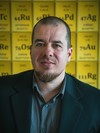 Associate Professor
Associate Professor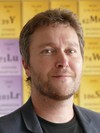 Associate Professor
Associate Professor Assistant Professor
Assistant Professor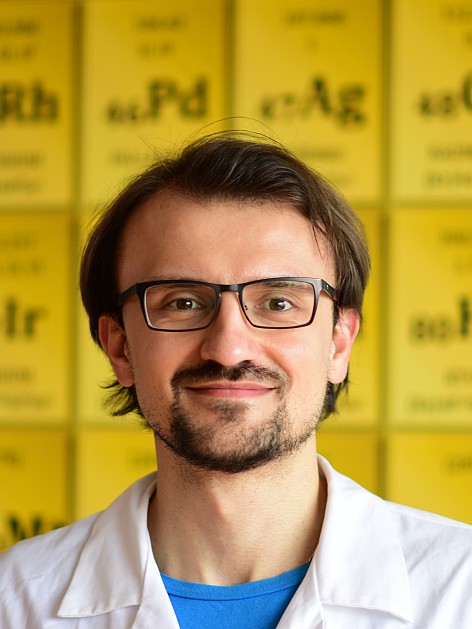 Assistant Professor
Assistant Professor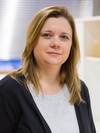 Assistant professor
Assistant professor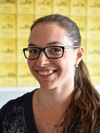 Assistant Professor
Assistant Professor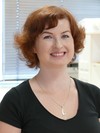 Lecturer
Lecturer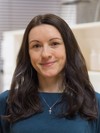 Assistant professor
Assistant professor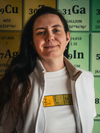 Assistent Professor
Assistent Professor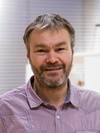 Assistant Professor
Assistant Professor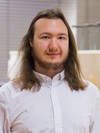 Researcher
Researcher Researcher
Researcher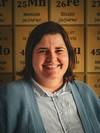 Researcher
Researcher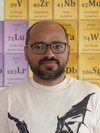 Researcher
Researcher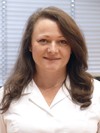 Laboratory Assistant
Laboratory Assistant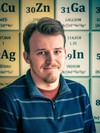 Ph.D. student
Ph.D. student